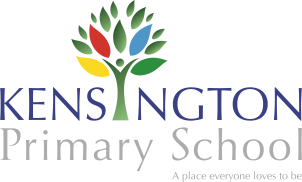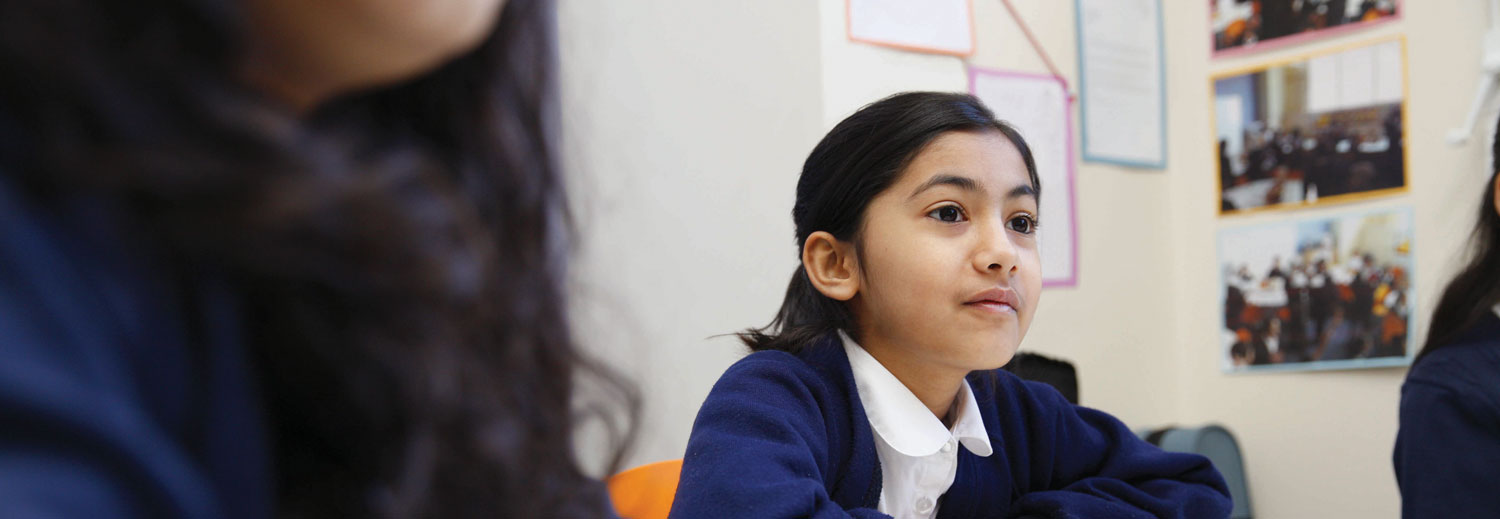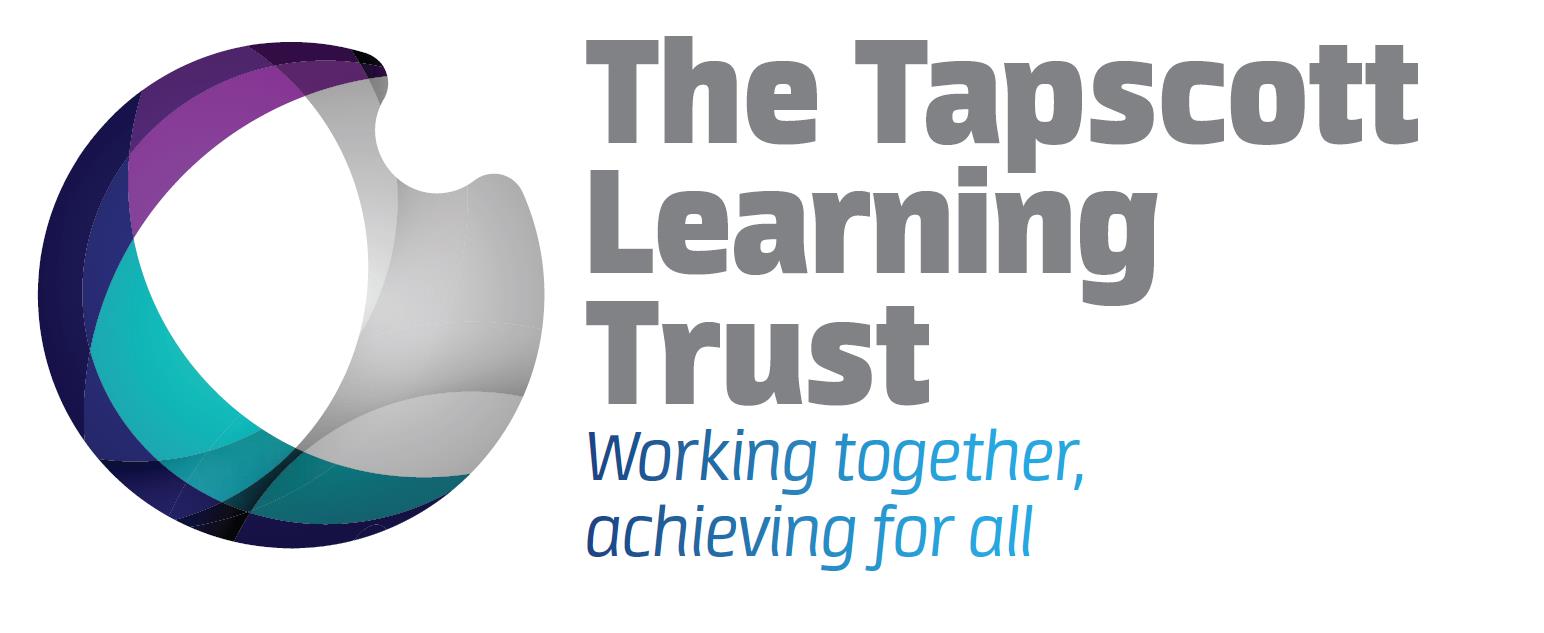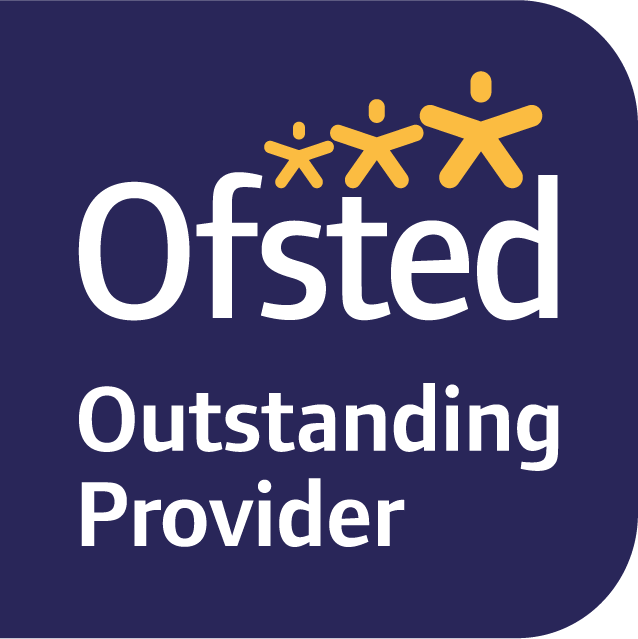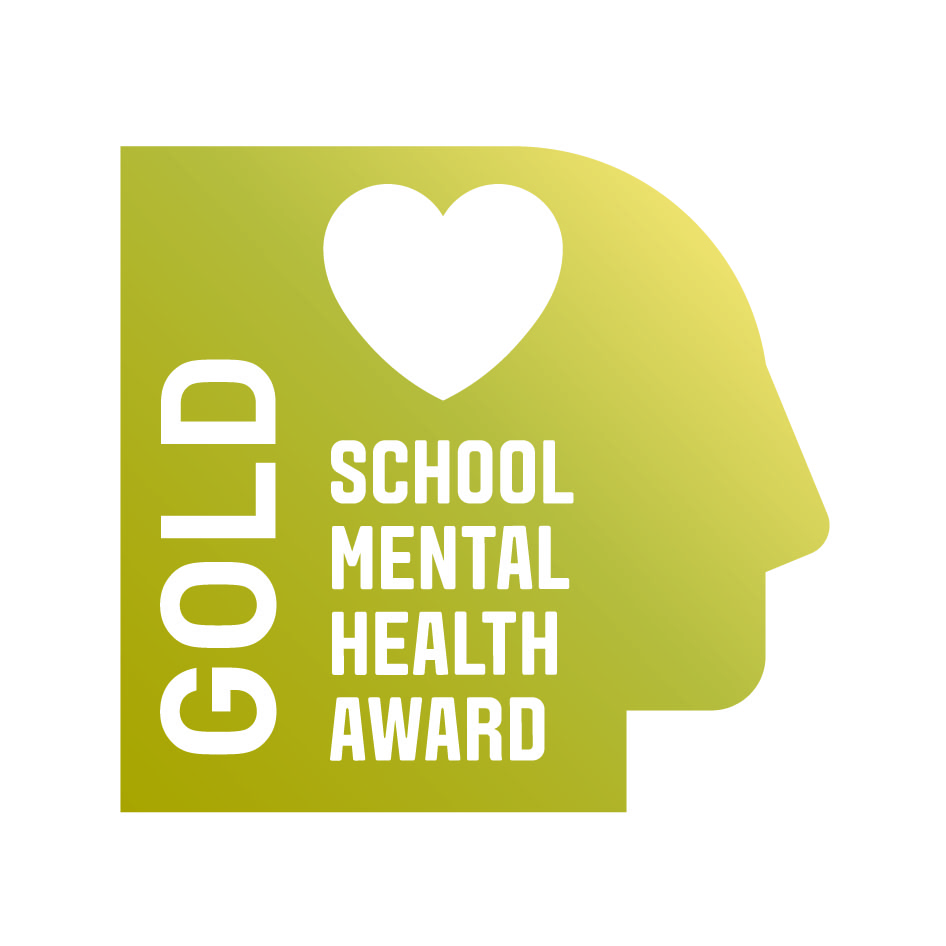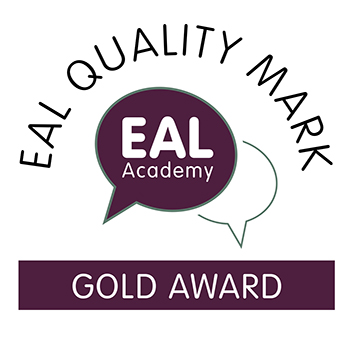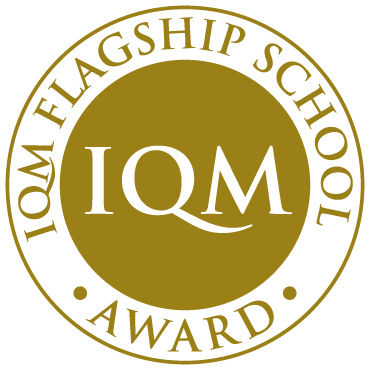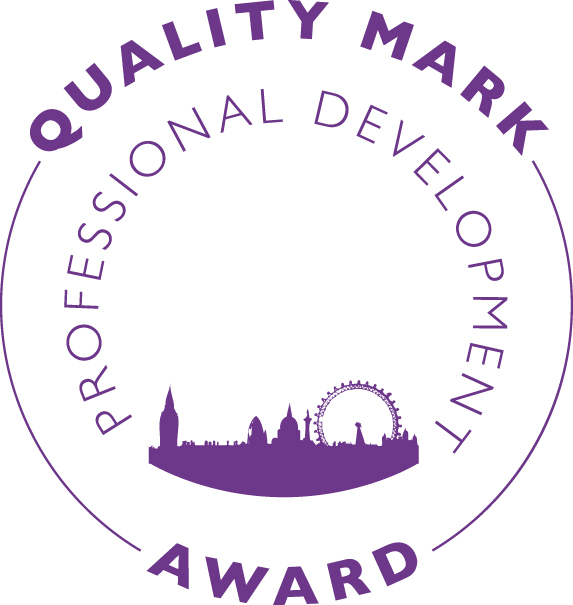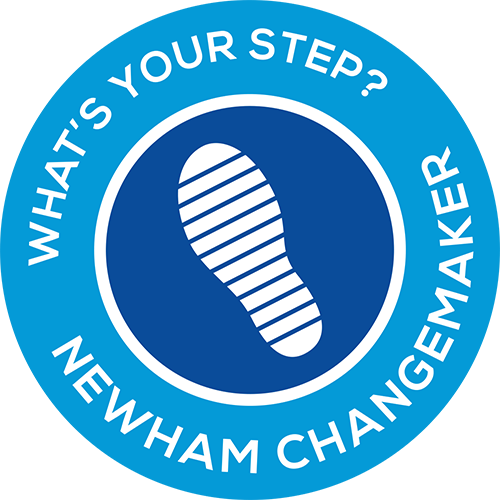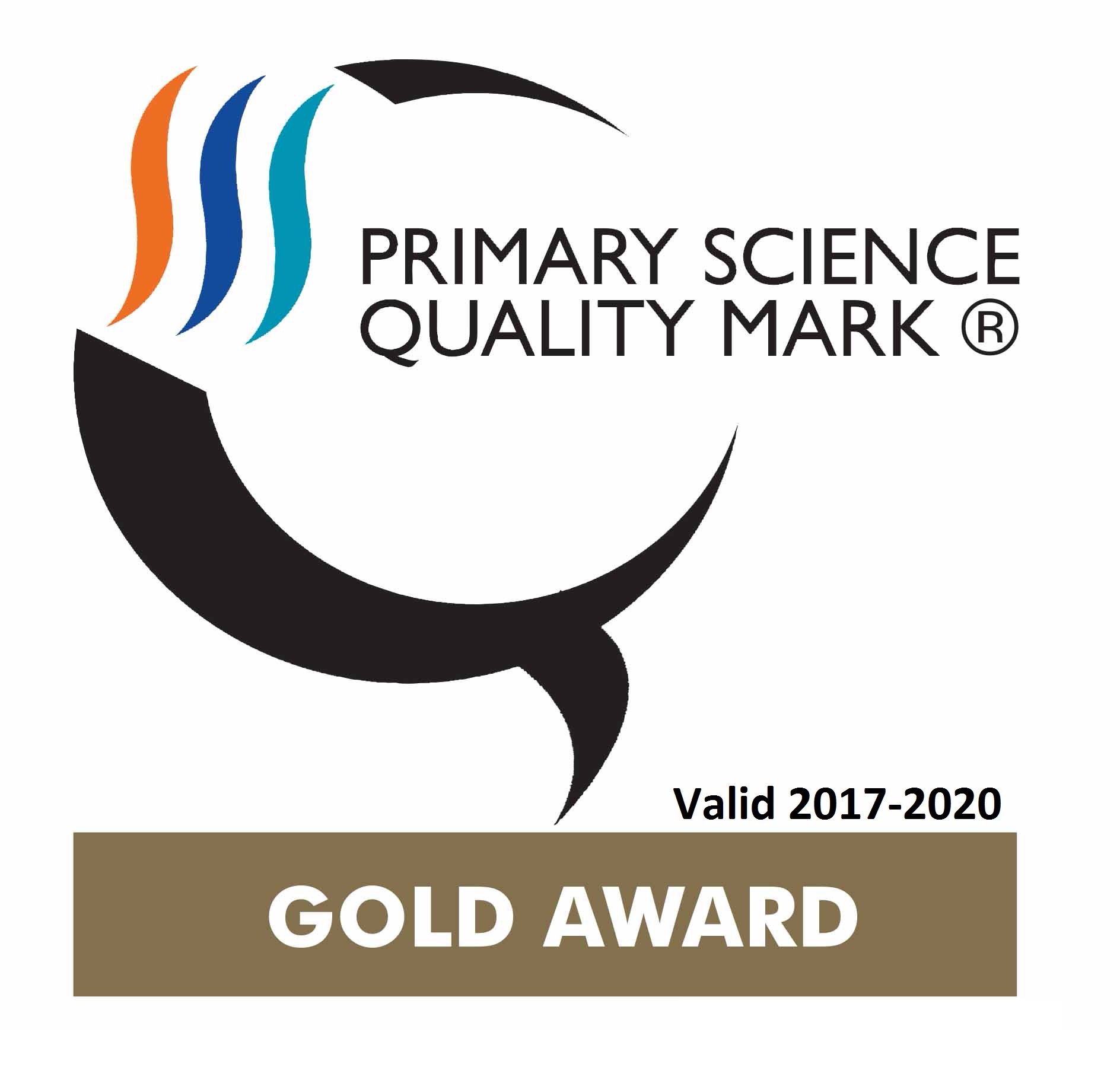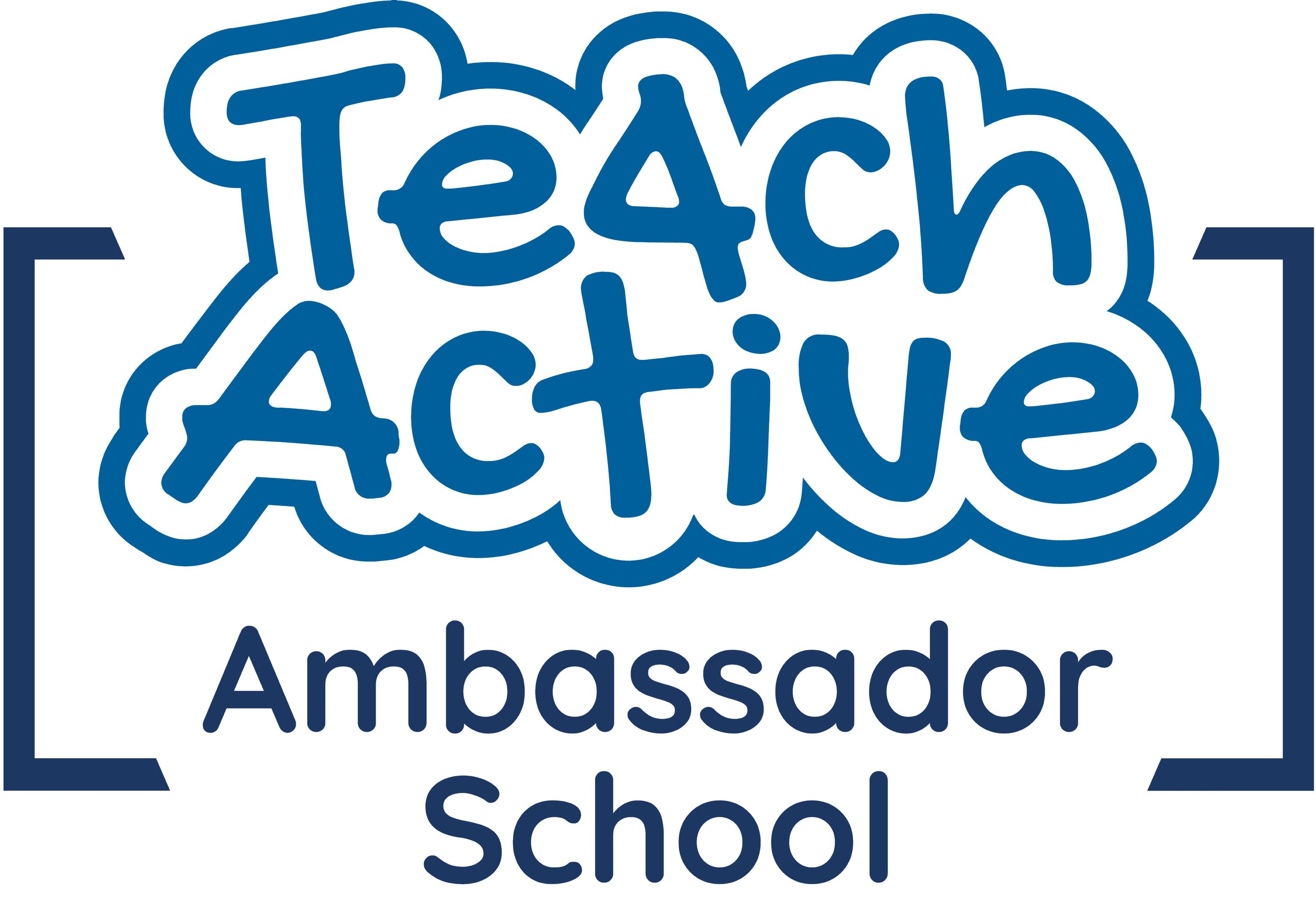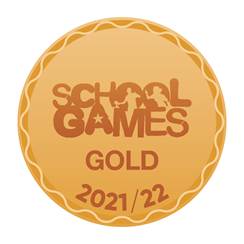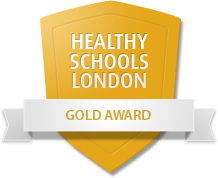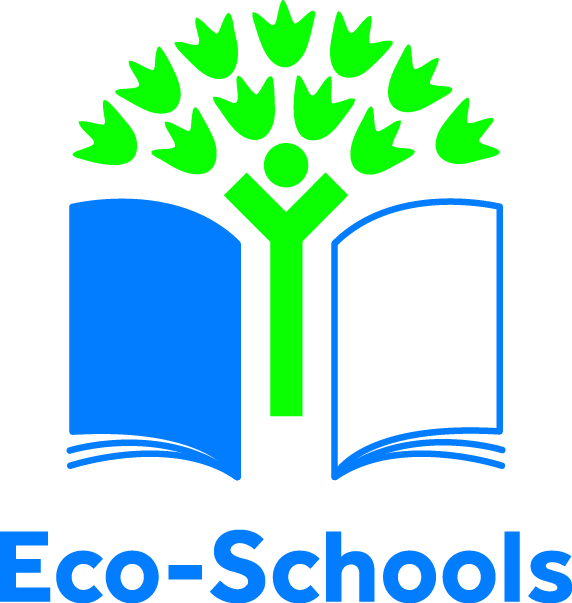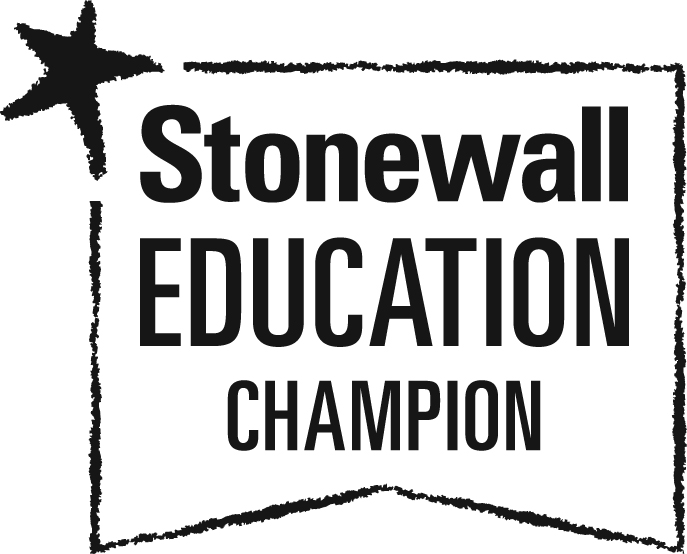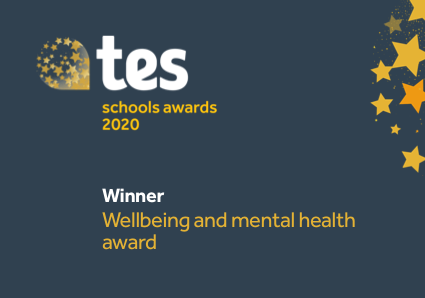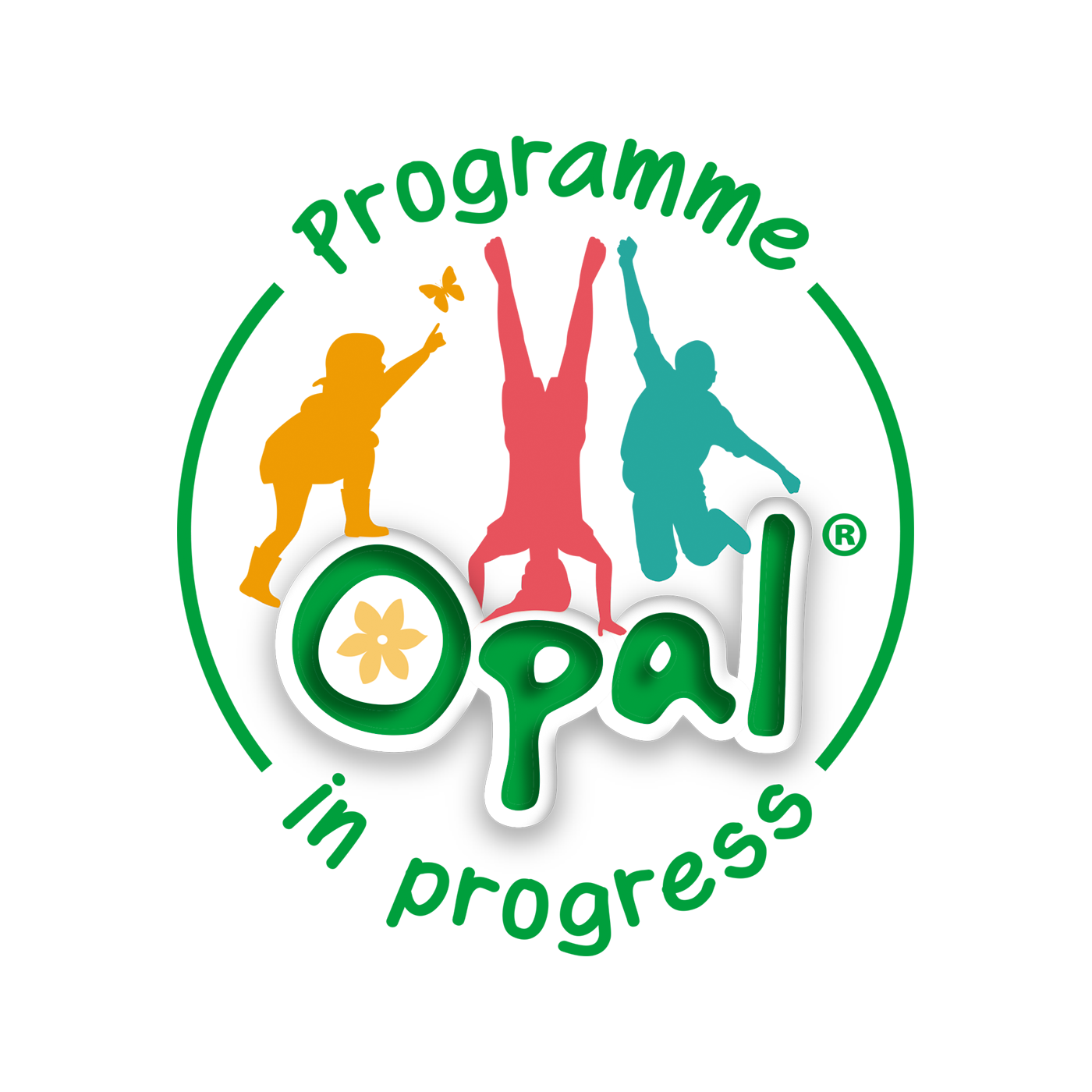RSHE
Why RSHE?
The government have produced a new statutory curriculum to ensure all children take part in the learning of Relationships Education, Relationship and Sex Education and Health Education during their school career.
We believe that the curriculum promotes many values, which will help us to nurture our children to become caring, responsible, respectful and aspirational citizens.
The full details of the statutory framework and what must be taught during a child’s primary education can be found here: https://assets.publishing.service.gov.uk/government/uploads/system/uploads/attachment_data/file/908013/Relationships_Education__Relationships_and_Sex_Education__RSE__and_Health_Education.pdf
National Curriculum Science
Alongside the RSHE framework, we also teach some elements of National Curriculum: Science. At Key Stages One and Two this includes, learning the names of external body parts; the changes to the human body as it grows from birth to old age, including puberty; and sexual and asexual reproduction in mammals and plants.
How have we prepared to launch the curriculum and consulted with parents?
Over the course of just over two years from May 2018, we prioritised researching and designing the best possible curriculum for our children. It was during this time the government unveiled their plans for their RSHE framework, which allowed us to embed the primary elements into our Emotional Health and Science areas of Curriculum K.
From September 2019, Miss Cowx joined the borough’s RSHE network. On behalf on Newham schools, the network held borough-wide consultations with various different community groups. These groups are detailed in the school’s policy.
With support from the RSHE network team, once we had outlined which parts of the RSHE framework fit best with each year group, we held parent/carer consultations to gather parental views and share some of the books and images we might have used to support learning. For parents/carers who could not attend these meetings we offered the opportunity to arrange a meeting with a member of SLT or complete an online survey.
After we collated feedback from the 100+ parents/carers that contributed their views and opinions, we then made the following changes to our draft Emotional Health and Science Curriculum.
|
Discussions during consultations - You said... |
Changes to curriculum - We did... |
|
Some families believe the naming of genitalia isn’t appropriate for children in KS1. The school believes it is important for children to know this vocabulary before learning about puberty in Y4. |
The naming of body parts will be introduced throughout Y1 - 4. Y1: private parts Y2: nipples Y3: genitalia, vulva and penis Y4: testicles, scrotum, breast and pubic hair |
|
Some families believe that cartoon images of adults in Y2 are inappropriate. Both the school and parents/carers agree that cartoon images are most appropriate |
All images used will be in cartoon format and this will not include cartoon images of adults until Y3. Images will be shown to parents/carers before the sessions. Some of the images will no longer be used |
| Some families requested more online safety content. The school agreed. | Increased online safety content |
| Some families requested more reference to consent. The school agreed. | Increased content to help children understand the importance of consent within their relationships. |
|
Some families believe the reproduction of animals should be taught without images. Where images are used, images of animals are preferred to images of humans. |
This is National Curriculum Science content, so the content is compulsory. Pairing vocabulary with images is a key teaching and learning strategy at KPS, so we will continue to use images. Y5 children will learn about the reproduction of animals and plants using images of mammals. |
| Some families would like their children to be taught the reproduction of humans whilst in primary school, whereas others feel it is inappropriate. | Y6 parents/carers have the option for their child to learn about the reproduction of humans. |
|
Some families suggested their children will feel less embarrassed if they are taught in single gender classes. The school believe all RSHE content should be taught in the same way we teach our other curricular: both genders must receive the same education; mixed gender classes support us to reduce the stigma attached to some of the sensitive content; all classes have talk boxes to write anonymous questions. |
All lessons will be taught in mixed gender groups. |
| Both parents/carers and staff believe training for the class teachers delivering the sessions is imperative. |
All staff have received some training whilst working from home and will take part in a further session once everyone is back in school. Our RSHE lead will support planning for the content parents/carers believe to be more sensitive. |
RSHE within Our Curriculum
Please see our Emotional Health and Science Curriculum sections of Our Learning to see what learning is taught within each year group. Please note both curriculums contain wider learning beyond the RSHE framework.
Use of resources
Learning at Kensington is well researched and linked to relevant theory. Two of our strategies for acquiring new knowledge are linking images to words and representing learning with concrete materials (please see 7K under Our Learning for further information.) Therefore, we use images and books where we believe they best support learning. This includes during the naming of body parts, changes during puberty and learning about reproduction. During your yearly “Meet the Teacher” meetings, we will show you which images we will use for these sessions and we will tell you in which term these specific lessons are taught.
We might also use some key texts to support teaching other statutory RSHE elements. Where possible, we will share the titles and authors of these texts during each “What We Are Learning” documents.
Discussing learning at home
Some parents and carers would like to discuss some of the learning at home with their children prior to the lessons. Under the Science and Emotional Health elements of Our Learning, you can see what content is taught each term, so you can identify when to have these conversations. To support you in facilitating these discussions, we also plan to run some parent/carer workshops ahead of some content, which has been identified by parents, being taught.
